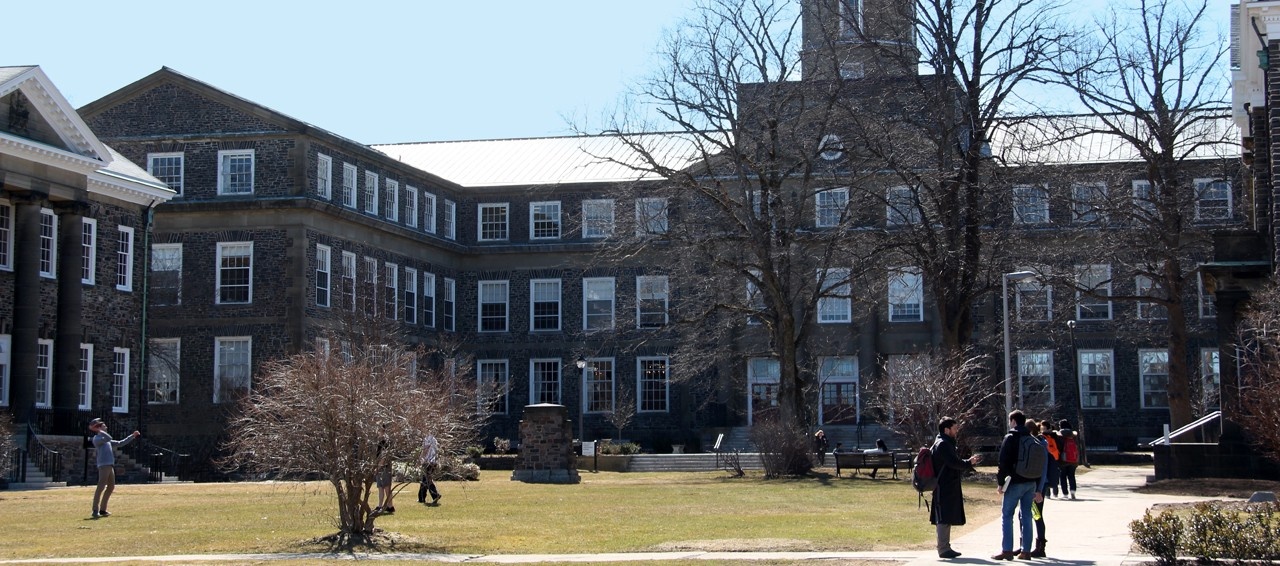Working in Canada
If you're an international student and you want to work in Canada, you must meet certain requirements and adhere to certain regulations.
For most international students, their study permit will allow them to work on and/or off campus without a work permit. For students who are enrolled in a program with a required co-op, internship, or practicum component, they will additionally require a Co-op Work Permit. It is important for international students to understand when and under what circumstances they are permitted to work on and off campus, just as itâs important for them to understand when they are not/no longer permitted to work.
For more information about working on and/or off-campus, while you are a student or after you graduate, refer to sections below:

